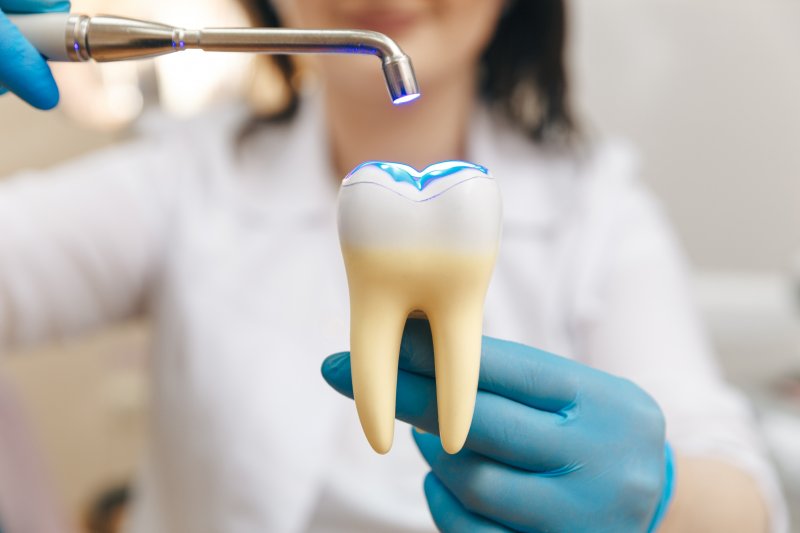
If you’re struggling with decayed or somewhat damaged teeth, then dental fillings may be the ideal solution for you. Not only will they renew your beautiful pearly whites, but they’ll also help protect them from bacteria and further harm. However, you may be wondering how long your results will last. Keep reading to learn about the usual lifespan of dental fillings, when they need to be replaced, and how you can make the most of them.
How Long Do Dental Fillings Typically Last?
The longevity of this restorative treatment will often depend on the patient’s lifestyle choices. Typically, you may expect dental fillings to last around 10 years. That said, the kind of material used to construct them and the overall health of the tooth can significantly impact their lifespan. By keeping a well-balanced diet, practicing good oral hygiene, and refraining from poor oral habits, fillings can potentially last up to 20 years.
How to Know If I Need to Replace My Filling
While these restorations can be used as a long-term solution, it’s important to remember that they won’t last forever. For this reason, you’ll want to keep watch for any indications that you may require a replacement for your filling. Several signs to look out for include:
- You’re experiencing tooth discomfort
- You feel increased tooth sensitivity
- Your filling is chipped, cracked, or otherwise damaged
- You sustained an injury to the tooth
- Your filling is noticeably discolored
- Your filling is old
How Can I Extend the Lifespan of My Dental Filling?
If you wish to prolong the lifetime of your dental filling, there are certain measures you’ll need to take to make the most of them. Here are some essential tips to help you preserve your restorations for as long as possible:
- Brush your teeth twice daily with fluoridated toothpaste and a soft-bristled toothbrush.
- Floss your teeth before going to bed and/or after every meal.
- Avoid hard, crunchy, and sticky foods that can damage your fillings.
- Refrain from overindulging in sugary and starchy foods, which can contribute to decay.
- Consume dark-pigmented meals and drinks in moderation, as they can stain your teeth.
- Ask your dentist about nightguards for bruxism if you clench or grind your teeth at night.
- Schedule routine checkups and cleanings every six months.
Although dental fillings aren’t a permanent solution, they’re effective at keeping your teeth safe and healthy in the long term. Keep these few tips in mind, and you can be sure to enjoy the benefits of your renewed smile for many years to come!
About the Author
Dr. Christine D. Laster studied at the University of North Carolina Chapel Hill School of Dentistry. She’s also a member of numerous organizations like the American Dental Association, the North Carolina Dental Society, and the American Association of Women Dentists. She offers a wide range of high-quality treatments, including dental fillings. If you’d like to schedule a consultation, visit her website or call 919-787-0355.

